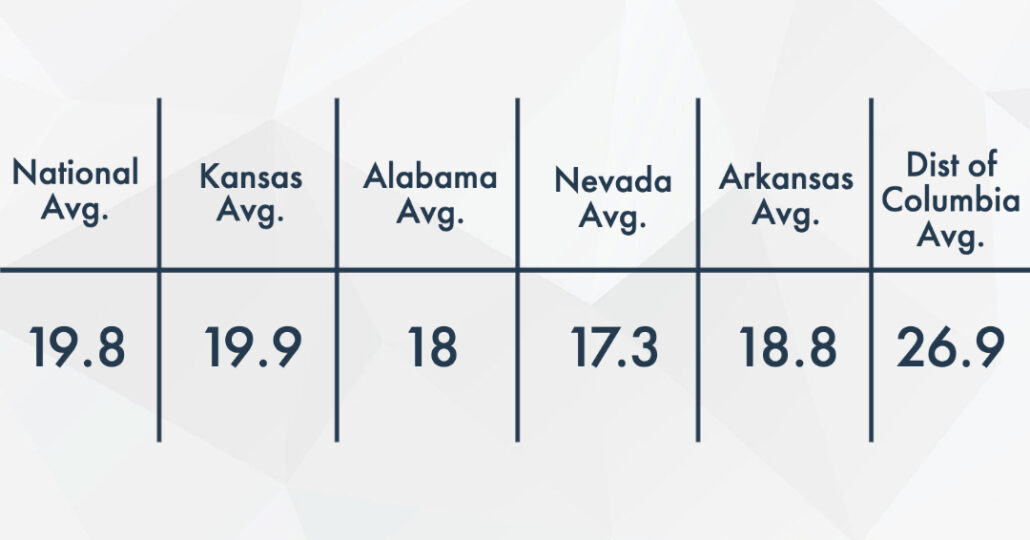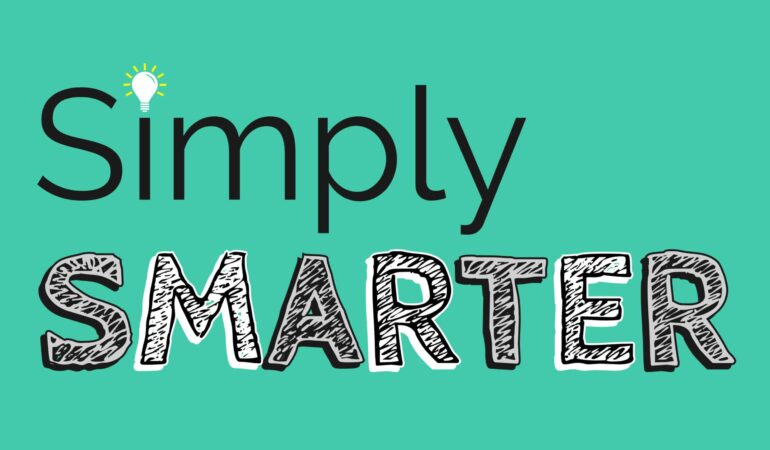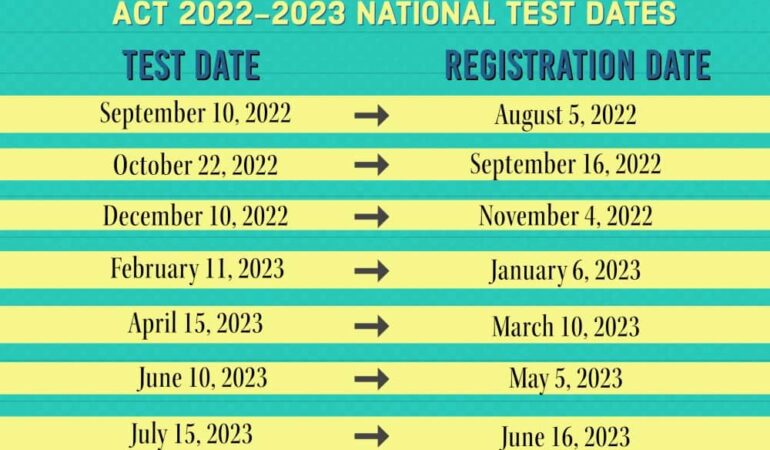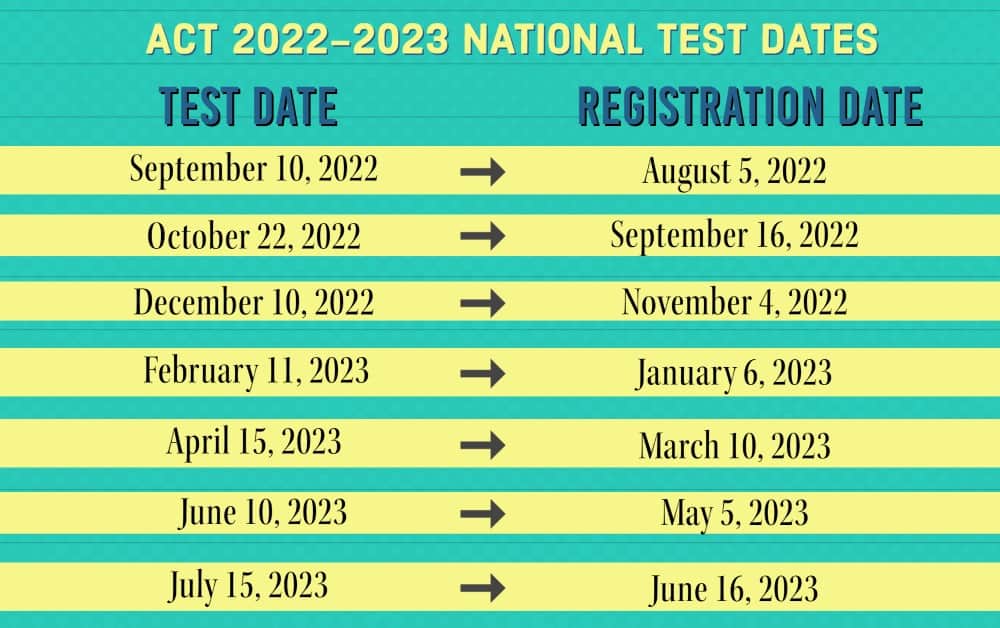Periodically we hear ACT and SAT myths circulating around the Kansas City area, some related to us by parents, others related to us by our students. We’ve collected a few of them here – some to roast, some to verify as truth, but mostly to inform about disinformation. We hope it is helpful!
1. Isn’t the SAT for East and West Coast schools only?
Ah, one of the most popular and longest-lasting myths. Absolutely not.
One of the first items of research for us was actual verification of the fact that not one of the schools in the top 100 of US News and World Report had a preference for a particular test. My staff has personally called every single one of their admissions offices and the answer remains the same: We have no preference.
2. Don’t they take my best scores from various tests and create a “best score” for me?
Depends on the test and depends on the school. For example:
The ACT offers a Superscore – the average of the four best subject scores from each ACT test attempt—and counts it as your official score. However, not all colleges Superscore, so students still have to do their own research when it comes to their college lists.
University of Southern California – takes your best per section on the SAT. So, for example, if I got a 730 Reading, and 770 Math on one test, and a 710 Reading, and 700 Math on another, USC would pick your 730 Reading, and 770 Math to give you a score of 1500. A mythical score based on two different tests, but hey, we’ll take it!
University of California, Los Angeles – only takes your best composite. So, here score choice works well because you can send them your best score after you’re done testing for the last time.
3. Shouldn’t I just take the test over and over and keep trying to do better? I’ve got nothing to lose.
I can’t begin to imagine the stress of taking the ACT or SAT 2-3-4-5 times in the hopes of getting higher scores. Our philosophy is and remains, prep using us or some other prep program, take it once, maybe one more if you want AND need a higher score. Maybe a third time if we are one point away from a scholarship or an athletic spot or if you are trying to Superscore and need a higher score in one particular subject.
It’s not like students have a bunch of time to study for these tests over and over, or a surfeit of Saturday mornings to spend in a classroom for 3.5 hours testing. Three or fewer. That’s our general rule.
Sign up for a free practice test to find out where you stand!
4. Shouldn’t I just take this at the end of my junior year so I don’t stress about it? Junior year is supposed to be the most important year academically, right?
Right motivation, wrong strategy. Absolutely junior year is the year. It’s the toughest, most grueling, most relevant for college admissions.
The answer to this question is not cookie cutter. I can rephrase it to read: “When should we take the test for the first time?”
I would answer that by asking: “When are you most available to prep?”
Some people play sports year round and so summer is a great time for them to prep leading into a September or October test date.
Others prefer to prep in Fall or Spring. The answer depends on your student’s time resources to dedicate to prep. And, if you’re like some of my students, there is never any extra time, so the sooner we start, the better.
As far as prep goes, my only recommendation is to prep towards a given test date. It makes sense to go to summer clinics for sports because you might be competing in tournaments throughout the summer or because you want to keep your skills up for when the season restarts. But to do a test prep class and then not take the real test for months? What can be retained for all those months without constant practice? That’s why we never have classes at Get Smarter Prep without a test date that we are working towards.
Remember, if you ever have any questions about anything regarding standardized testing, feel free to contact our team.












